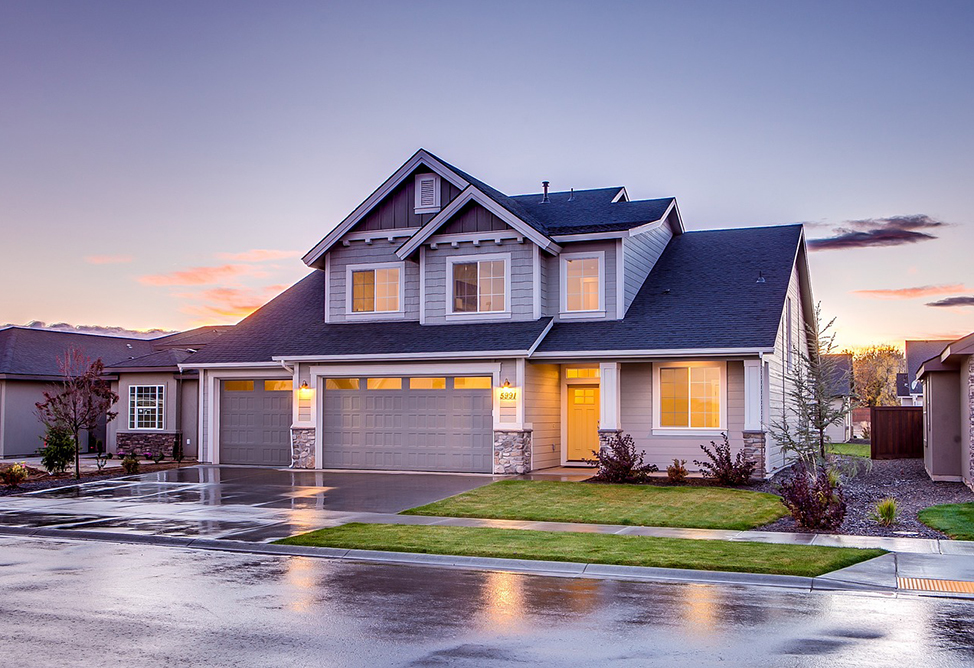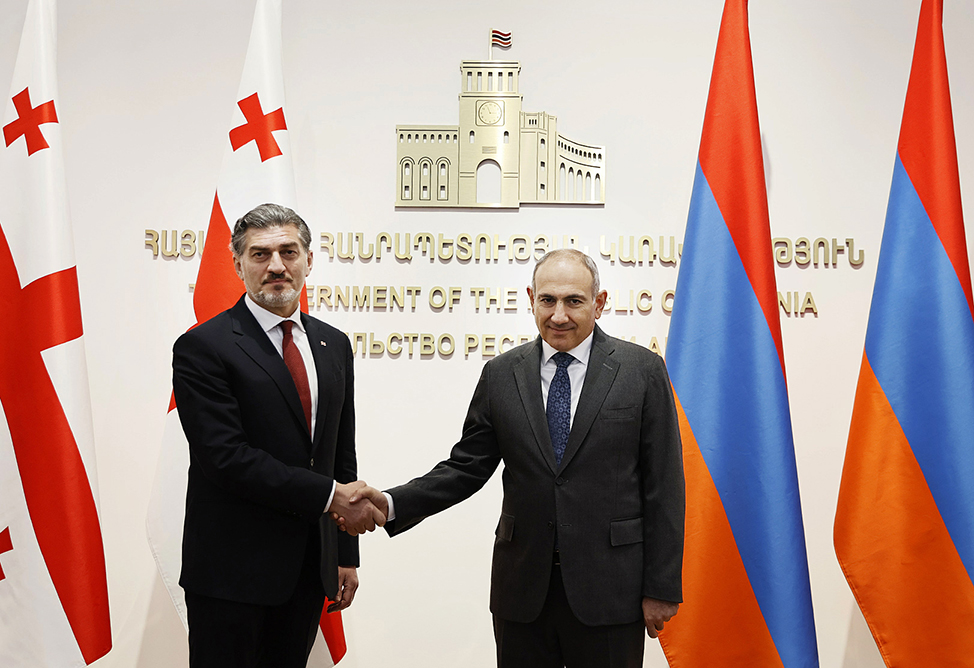Armenian Parliament Rejects Opposition Initiative to Suspend Tax Reforms

YEREVAN, April 18. /ARKA/. On Friday, the National Assembly of Armenia rejected a set of amendments and additions to the Tax Code submitted by the opposition Hayastan (Armenia) faction.
The ruling Civil Contract faction had announced before the vote that it would oppose the bill.
Hayastan faction MP Tadevos Avetisyan recalled that according to the new taxation system for real estate of individuals, a gradual increase in property tax by approximately 5-6 times is planned to take effect between 2021 and 2026.
“The Hayastan faction proposes to suspend the last stage of increasing the tax burden on citizens, with the exception of cases where the value of the property exceeds 200 million drams, leaving for these cases the current rates unchanged,' Avetisyan noted.
According to him, the property tax on medium and low-value property will increase by about 6 times, while the tax on high-value property will increase by only 4.5 times.
In turn, Deputy Head of the Committee on Economic Affairs Babken Tunyan noted that the community can be independent and free only through its own resources.
“That is why, along with reducing the income tax, we focused on property taxes - firstly, to ensure social justice, and secondly, to enable communities to gain financial independence,” the deputy emphasized and added that, in accordance with the current regulations, the main tax burden falls on expensive property.
Tunyan recalled that the property tax of citizens can be zeroed or significantly reduced by the decision of the community.
Deputy Finance Minister Arman Poghosyan spoke about the need for reforms carried out by the government in this area.
According to him, by the end of the reforms in 2026, the share of real estate tax in the structure of the country's gross domestic product will be 0.35%.
Opposition MPs have expressed support for the idea of higher taxation of super-expensive real estate. -0-



